One of the things I have always said is that it seems that Steven Spielberg‘s veins have celluloid running through them rather than blood, even the most bitter enemy of the director’s work will have to admit that the creator of Jaws can have good or bad films, but never one that is not well shot. The Fabelmans is the film that explains this, dealing with the two fundamental pillars on which Spielberg’s cinema is built, family and cinema itself, and how difficult it is to reconcile both worlds.
These are Spielberg’s memories, from his childhood and adolescence, many of which will resonate with those familiar with his filmography. It is easy to identify things that would end up within his own films (Raiders of the Lost Ark, monkey included), mainly the event that seems to mark his early youth, his parent’s divorce, which will be reflected in many of his films such as Close Encounters of the Third Kind, E.T. the Extra-Terrestrial or Catch Me If You Can, and which he deals with directly here.
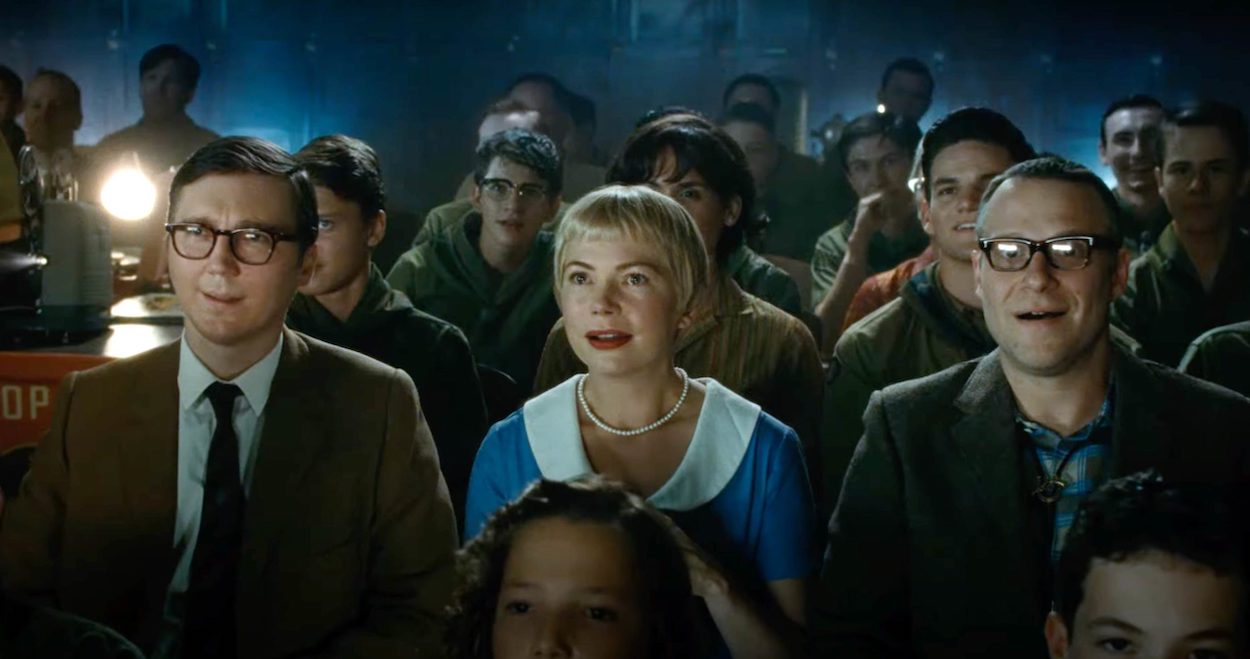
And you can see this film as a kind of Spielberg’s answer to what his uncle Boris says in the film, a brilliant Judd Hirsch who is only in the film for five minutes: Family and Art. It will break you in two. Well, here Spielberg has wanted to unite the two, something he has been trying to do since the times of Close Encounters of the Third Kind, but in a clearer way, right from the first frame he presents us with this dilemma represented by his parents, explaining the differences between them as people, through how they see cinema itself.
The Fabelmans are about to go in to see The Greatest Show on Earth a cold afternoon in 1952, it is the first time that little Sammy goes into a cinema and he is nervous because he has been told that it is going to be dark and that the people on the screen are gigantic, so his parents try to calm him down, each in their own way, his father gives him a rational and scientific explanation: the cinema is 24 frames per second that are projected on a screen and create the illusion of movement, his mother sees something else: films are dreams that are never forgotten.
The conflict is served, her artistic mother is trapped in what the society of her time has imposed and expects of her, that is, to forget her dreams, to be a concert pianist, to become a wife and mother. Mitzi will try but will not succeed, especially when she finds something resembling love with her husband’s best friend and co-worker. Michelle Williams is terrific as the most ambiguous character in The Fabelmans, on the one hand the one closest to Sammy/Spielberg, on the other, the one who will burst the bubble of happiness that was her childhood.
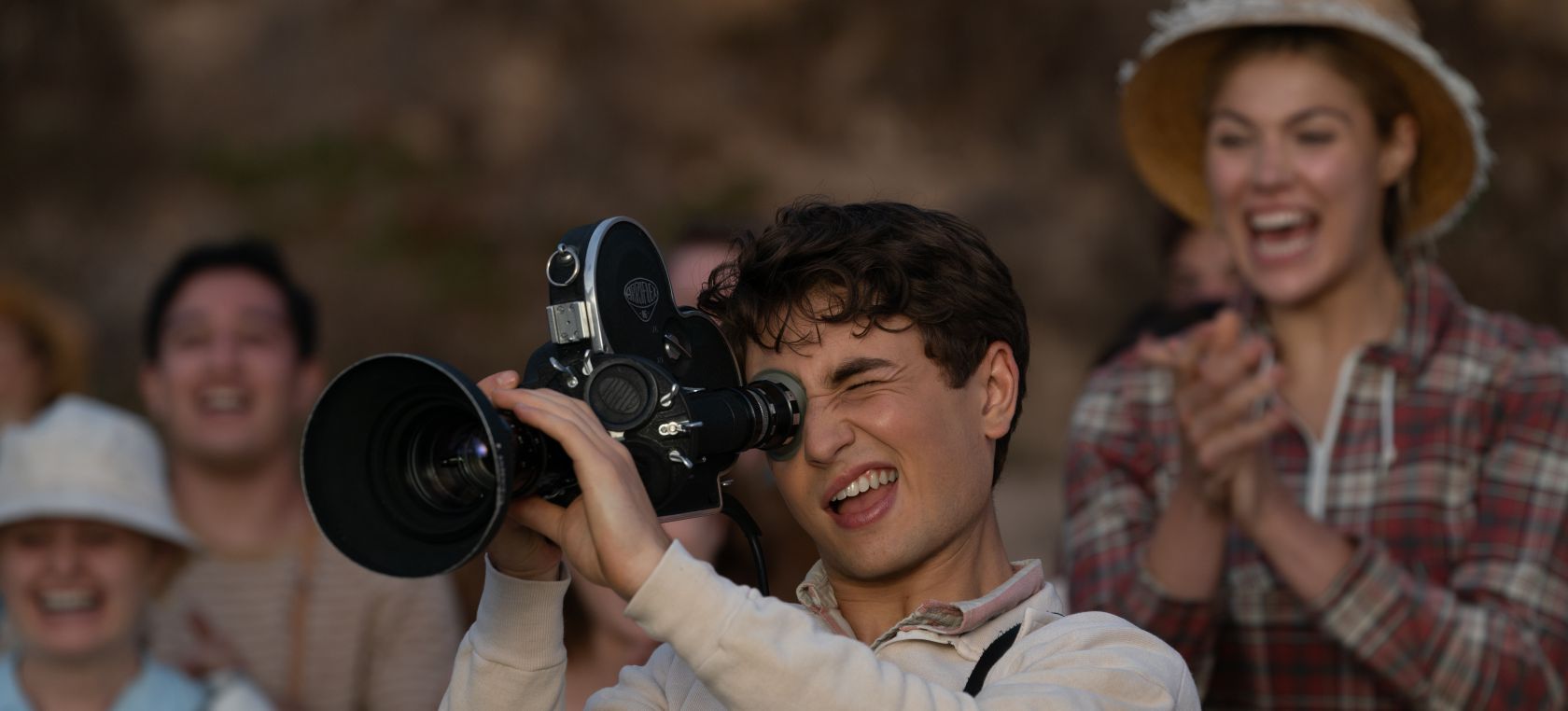
That said, it seems to have obscured Paul Dano‘s great work as a character with far less charisma, but full of love for his children and wife, even though he knows he will never give her what she wants. The relationship is perfectly told and is framed by Sammy’s obsession with film, from the moment he is traumatised by the train crash that recreates the Cecil B. DeMille film. It will be through a camera that he will manage to control that trauma, but it will also be through a camera that he will learn of his mother’s feelings for another man. What her eyes could not (or would not) see, the camera will show her, but Spielberg is also skilled enough to contemplate the many other potentialities of cinema.
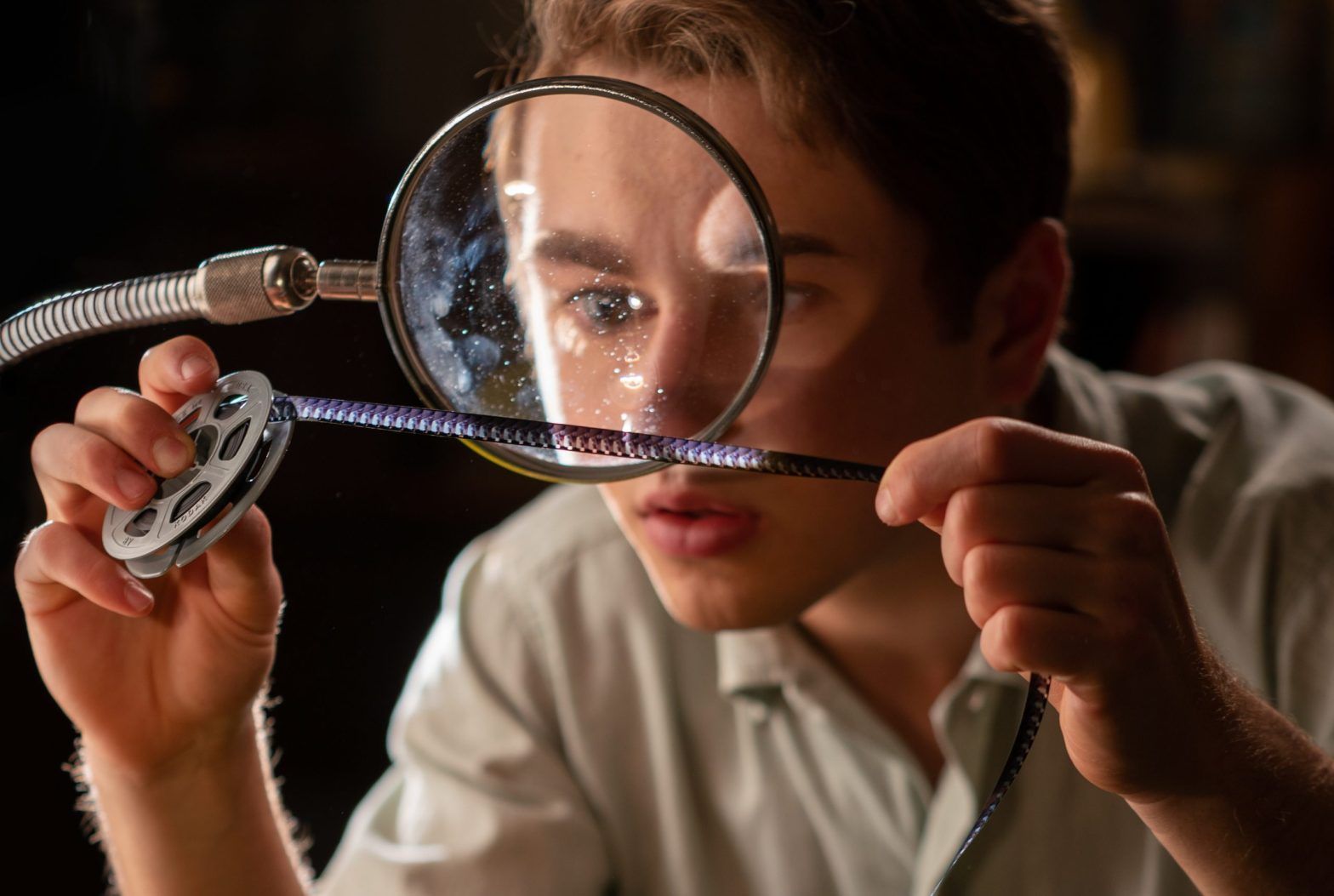
If it is the camera that shows you the truth, it will also be the cinema, through editing, that manages to manipulate others and hide that truth. The camera can tell the truth or it can be totally manipulative. The first great example of this is when he makes the montage of the camping trip, in which he realises that his mother is in love with someone else, and delivers an alternative editing to please his parents so that none of it is seen. Of course, when he confronts his mother, he will show her what he didn’t put in that montage.
Films are dreams that are never forgotten.
The second example comes later when he makes the film of his high school senior class and makes the anti-Semitic bully who has made his life miserable look marvelous. At times, watching this fragment, one thinks of Leni Riefenstahl, and I don’t know if Spielberg does this on purpose or not, but I would bet on the former. Cinema is a very powerful weapon.
Hence the end of The Fabelmans is a pure declaration of love for it, with a tribute to one of his great influences, John Ford, brought to life by another celluloid legend, David Lynch, the anecdote told a thousand times by Spielberg comes to life and strength as a sign of the enormous love he feels for the medium. Some may want to see it as pure self-promotion, a sort of witness pass between the greatest American director of his time and Spielberg, but I think it works perfectly as almost the entire film, although the high school part may be a little weaker.
The Fabelmans won’t be the film to change the minds of those who hate Spielberg’s films because of its familiar tone that verges on the maudlin, but it is the autobiographical film you’d expect from the director of E.T. the Extra-Terrestrial and for some, including myself, that’s a big deal. You may like the script or the tone more or less, but don’t you dare say that it’s not perfectly shot and that the horizon is always in the right place.

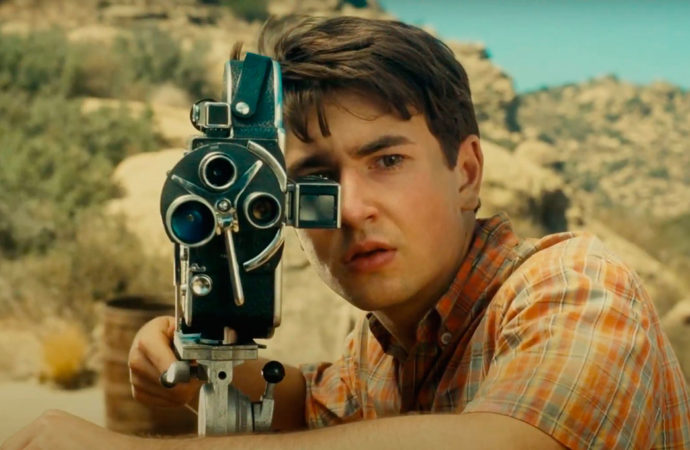

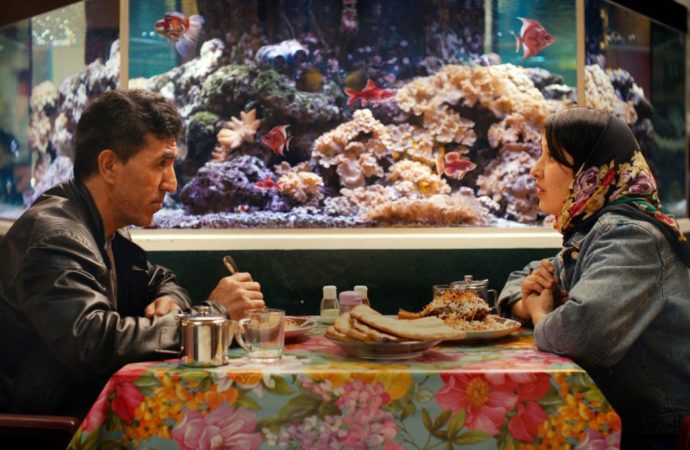


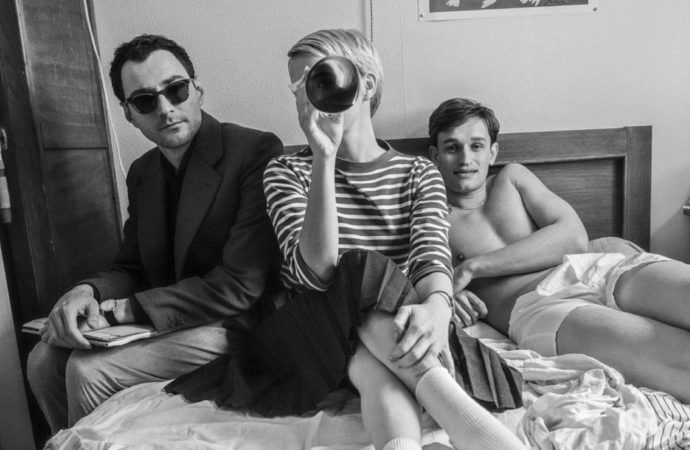
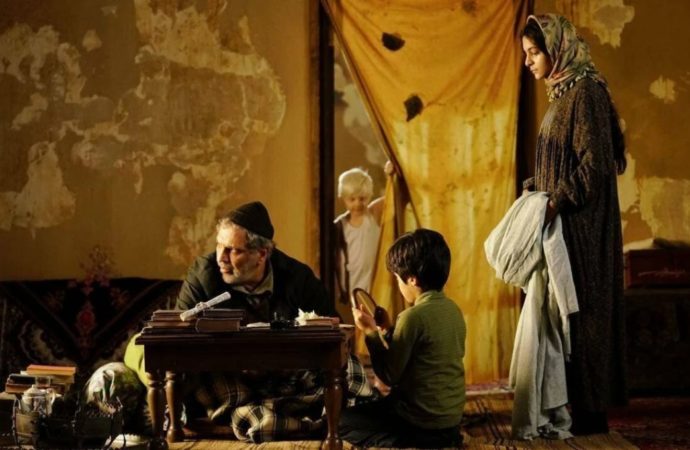
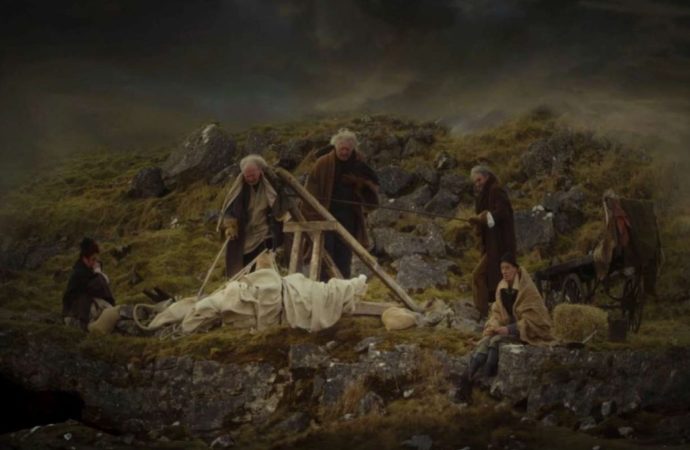
No one has posted any comments yet. Be the first person!